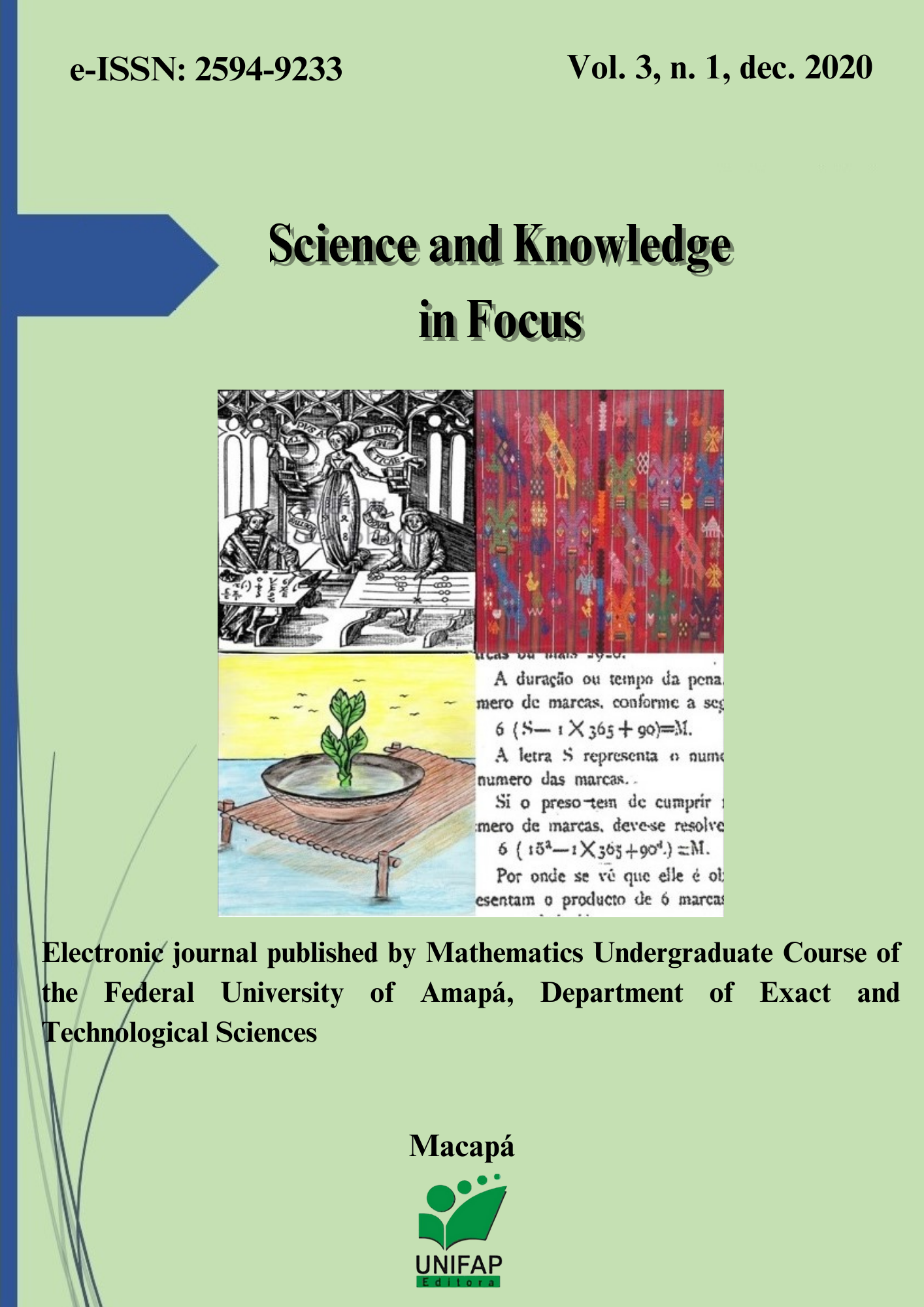Cultural capital and mathematics school performance
based on the chi-square test and Bourdieu’s theory
Keywords:
Mathematics Education, Mathematics School Performance, Cultural Capital, Chi-Square Tes, Middle schoolAbstract
The paper analyzes the influence of cultural heritage on the mathematics school perfor-mance of middle school students in Macapá. The research developed in the Master Program in Ma-thematics at the Federal University of Amapá. We wrote the work based on the statistical method using Person’s chi-square test to analyze school performance in math, cultural, and family heritage. The theoretical discussion has based on Inferential Statistics and Bourdieu’s Theory of Heritage and Cultural Capital. The school performance in positive mathematics depends on the participation of the students’ leaders in school meetings; on conversations with the child or youth about the events of the school; on having a routine of hours to sleep at night, and on encouraging the reading of books. The study also showed that the student who did not fail, who did not leave school or engage in pain activity, tends to achieve success in performance in math. Thus, the cultural capital accumulated of each family influences positively or negatively on school performance in math and depending on the family’s routine in relation to school life.




















 A revista eletrônica Science and Knowledge in Focus é publicada pela editora da Universidade Federal do Amapá e editada pelo Curso de Graduação em Matemática, vinculada ao Departamento de Ciências Exatas e Tecnológicas.
A revista eletrônica Science and Knowledge in Focus é publicada pela editora da Universidade Federal do Amapá e editada pelo Curso de Graduação em Matemática, vinculada ao Departamento de Ciências Exatas e Tecnológicas.